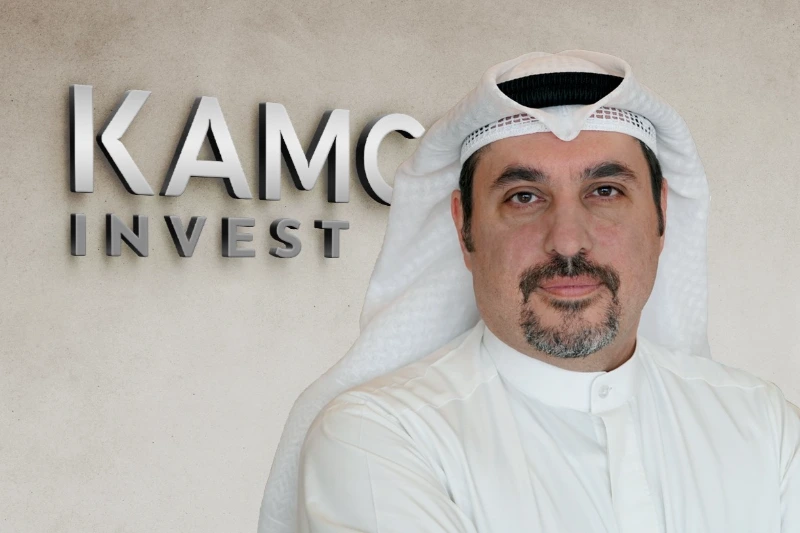PwC Australia has announced the pilot of a new AI-driven auditing platform, part of a strategic investment exceeding $945 million, in partnership with Microsoft. The initiative aims to revolutionize auditing processes by shifting focus from data collection and reporting to deep analysis and professional judgment.
The pilot phase currently involves five lower-risk clients, testing the platform before its full rollout to all clients by 2028. The system leverages hundreds of AI agents working alongside PwC’s 1,600 auditors across more than 150 audit processes, enabling tasks that once took days to be completed within minutes after an organized setup, while leaving final review and sign-off in the hands of human auditors.
Sue Horlin, PwC Australia’s assurance leader, explained:
“Before AI, our auditors spent most of their time gathering and reporting data. With AI, this is flipped – the focus is now on analysis. Tasks that would take days manually can now be executed in minutes, giving auditors more time to critically assess anomalies and findings.”
The adoption of AI in auditing is part of a broader trend among the Big Four firms, aimed at enhancing audit quality, expanding coverage, and reducing turnaround time, though the high development and operational costs mean short-term discounts for clients are limited.
On the regulatory side, the Auditing and Assurance Standards Board of Australia emphasized that AI cannot replace professional judgment. Auditors must verify outputs against original documents to prevent errors or inaccurate results, especially in light of past incidents, such as Deloitte’s AI-generated report errors, which required partial refunds to the government.
Experts, including Georg Chmiel, former CFO of REA Group and technology investor, see AI as a tool for continuous, broader, and deeper auditing, provided auditors fully understand both the AI tools and their limitations. Chmiel notes:
“The advantage of AI is speed and depth. It connects different data pools and identifies issues humans may not notice. But professional oversight is essential to ensure accuracy and interpret results correctly.”
PwC’s platform includes multiple levels of security and access control, ensuring sensitive financial data never leaves the firm’s secure environment. The AI agents can retrieve client data, identify account balances to test, highlight transactions for review, design audit approaches, and cross-check information with supporting documents. Every AI output is reviewed by human auditors before the system moves to the next audit step.
In a recent demonstration, AI agents successfully performed a cash balance audit using dummy data: one agent retrieved figures from bank statements, another from client systems, discrepancies were highlighted, and all data was sent to auditors for verification. Once reviewed, the AI system proceeded seamlessly to the next step.
As financial auditing enters this new phase, AI empowers auditors to focus on high-value analysis rather than routine data collection, redefining the human role without replacing it.





